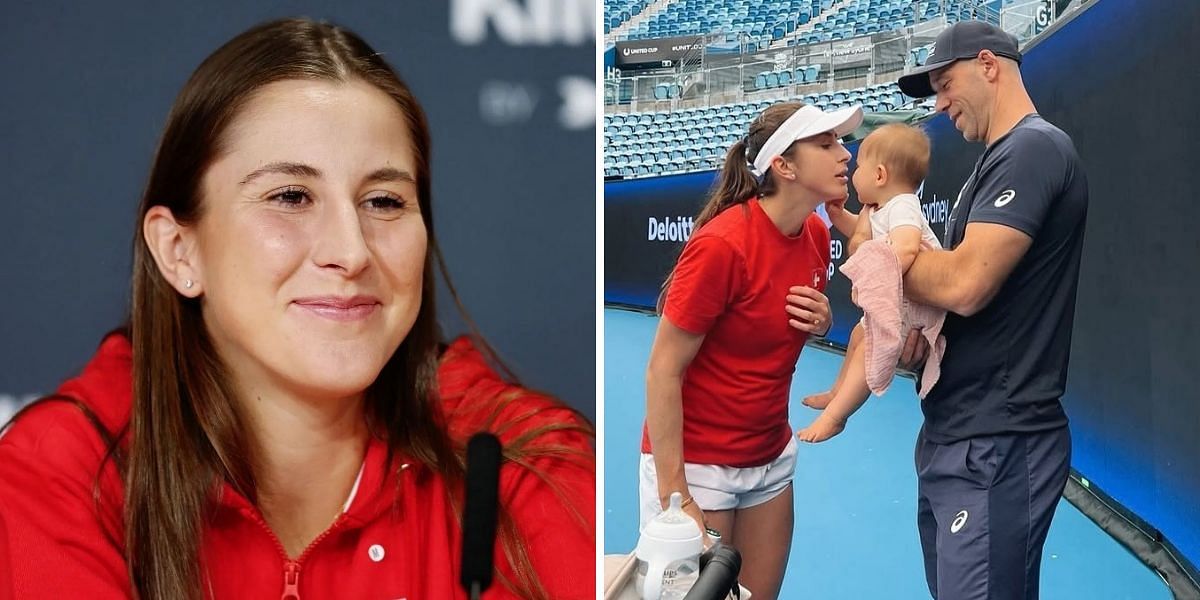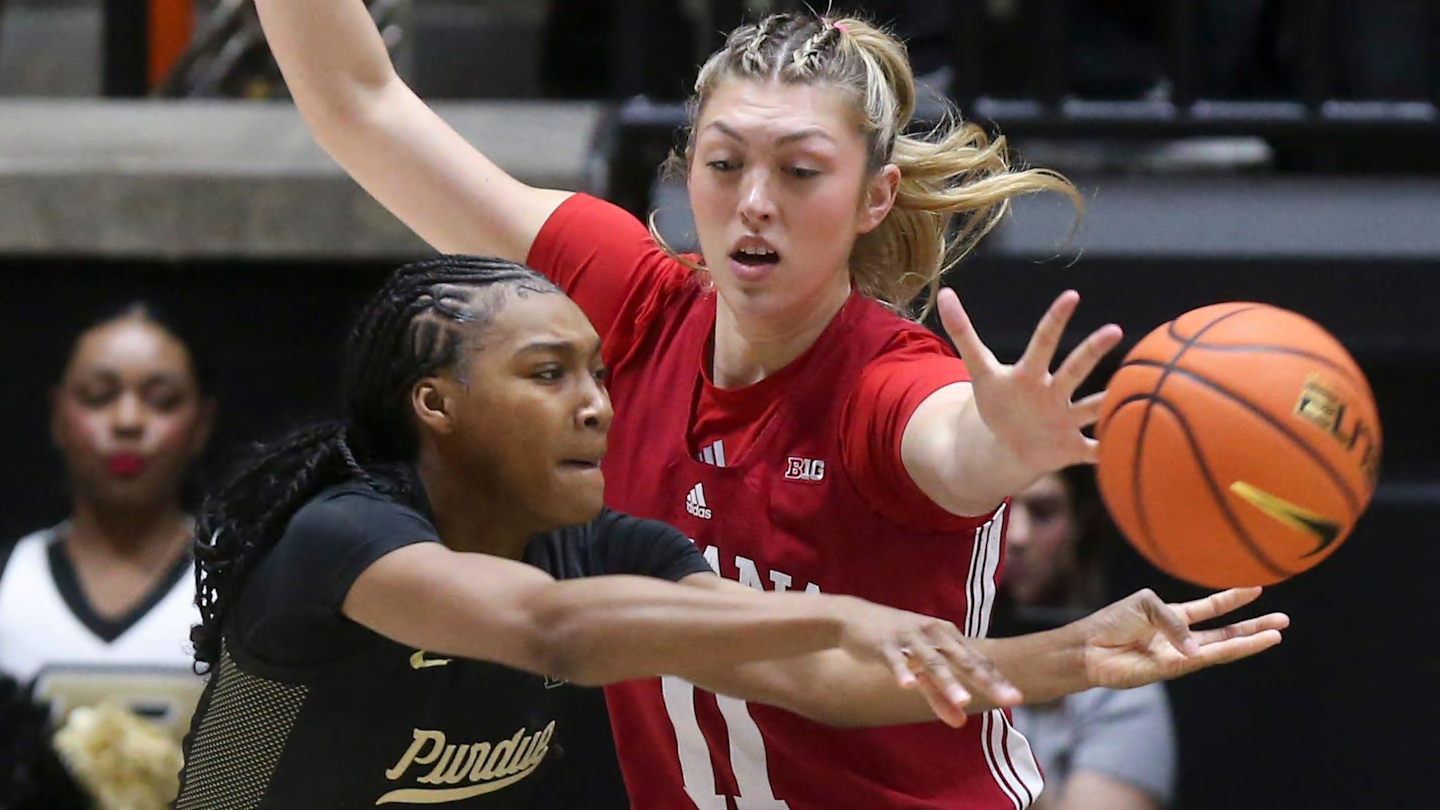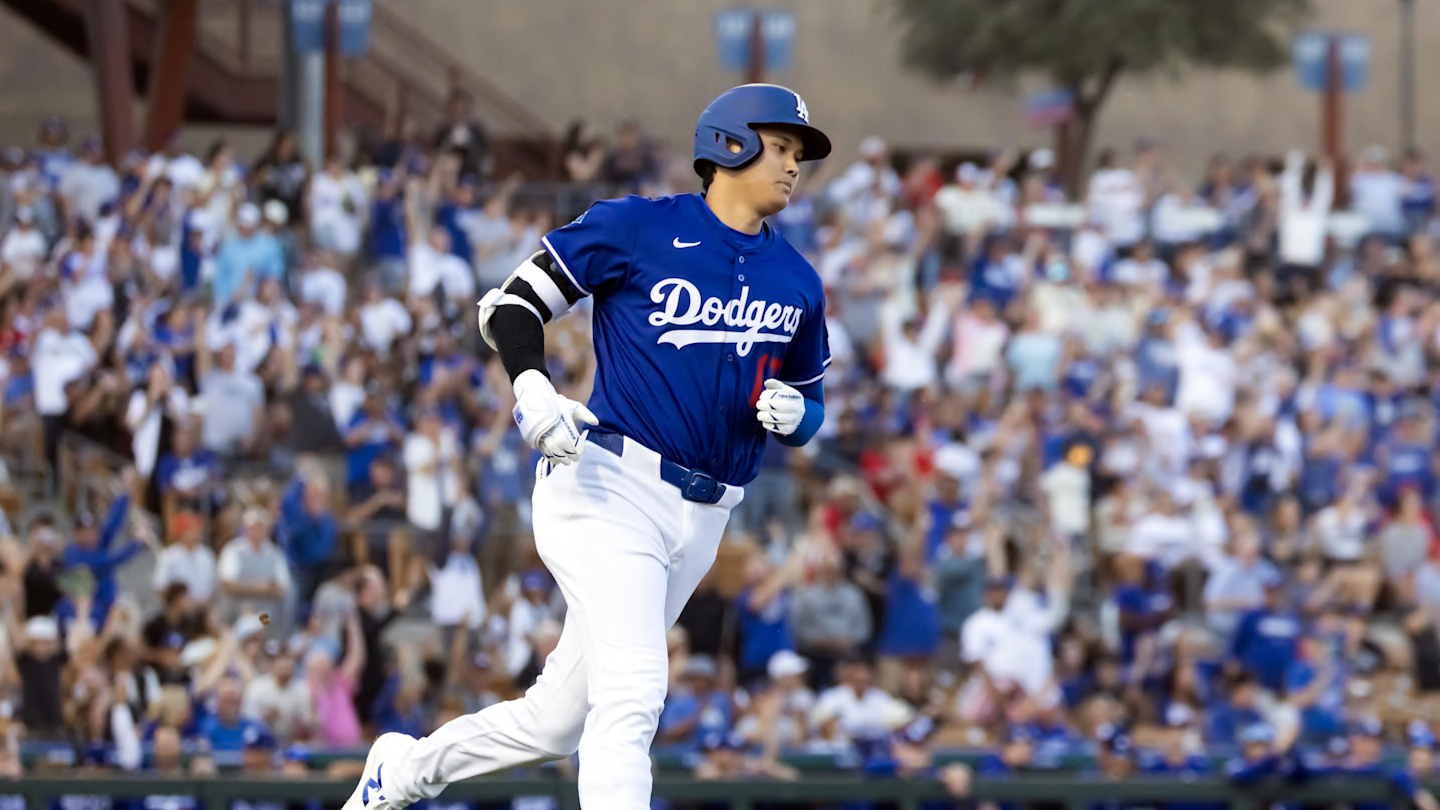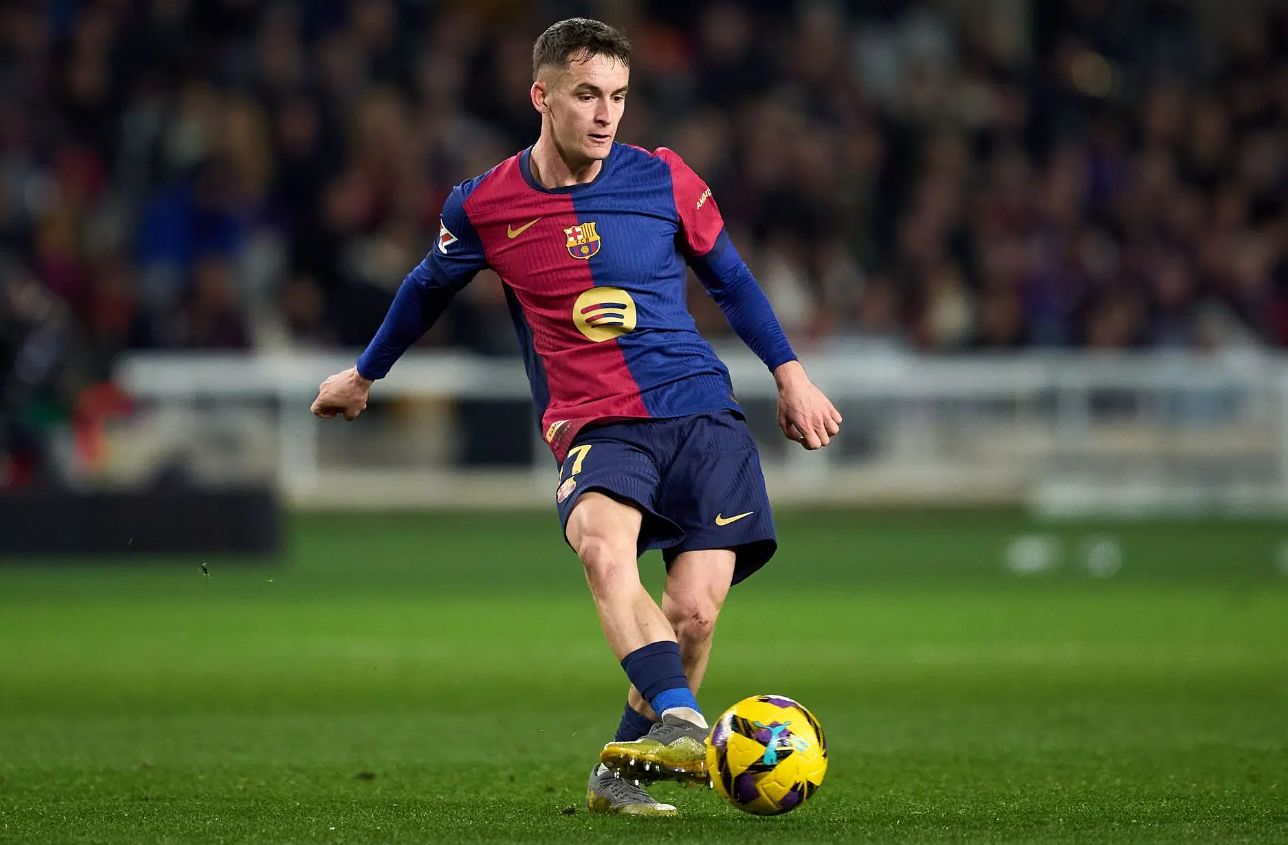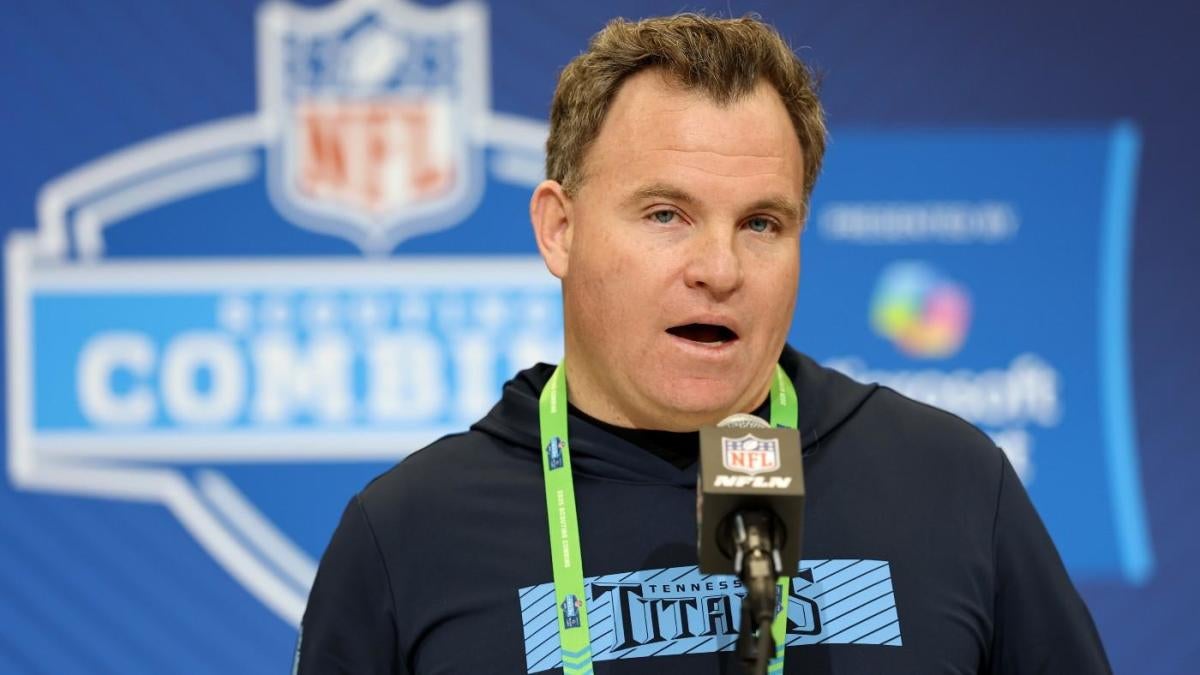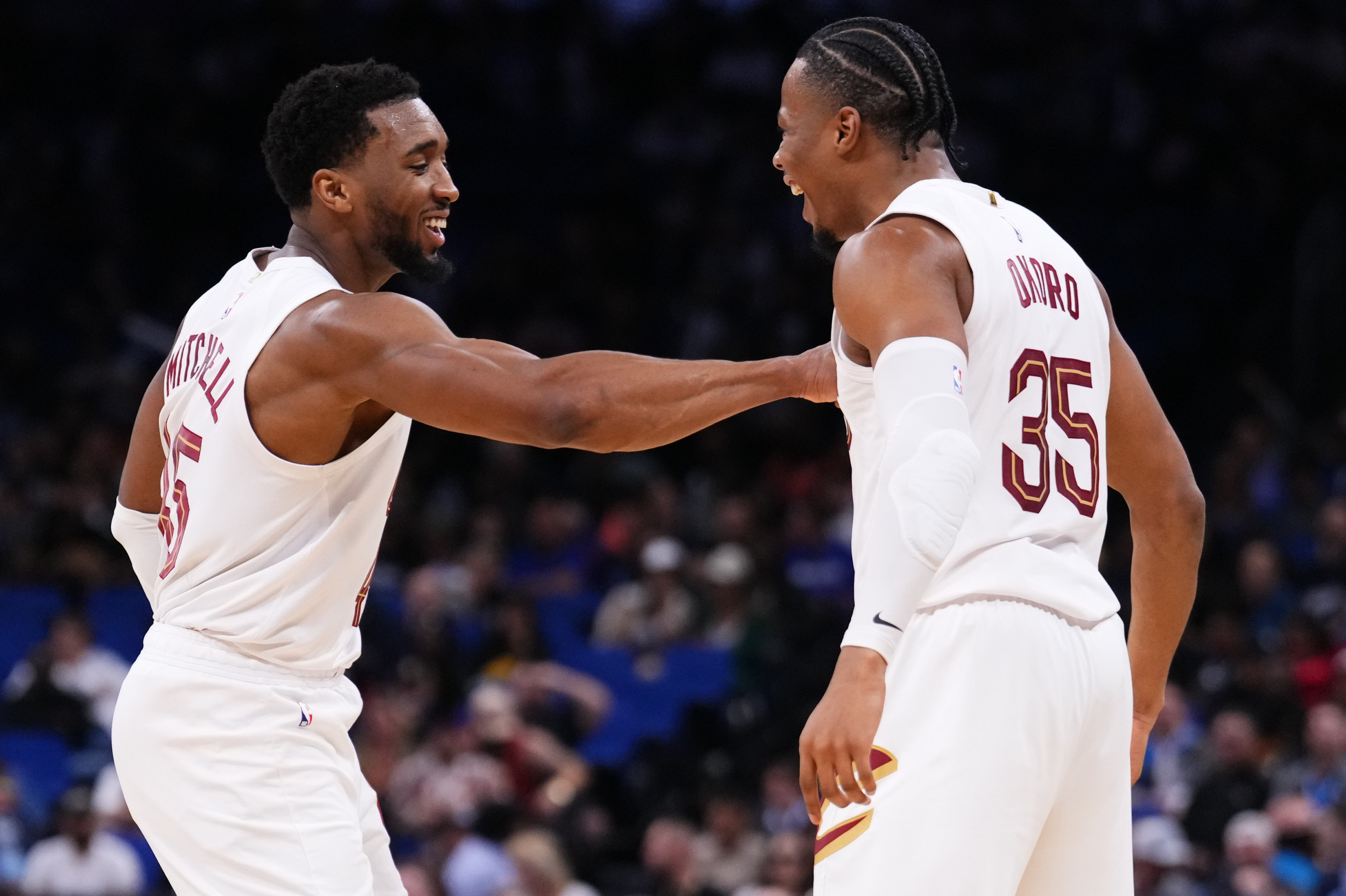Andy Murray lives to fight another day on his hyperextended retirement tour | Jonathan Liew

And if it were done, when ’tis done, then ’twere well it were done slowly. Agonisingly. Leaving no avenue of exquisite pain and drama unexplored. Doing it when we assumed they were done. There is pain in his joints and a heaviness in his step, and yet as Andy Murray reels away in victory as the clock strikes 10.30pm local time, he looks like a child again: the child who first swung a racket in anger, the child who first discovered the pure joy of victory.
Into the good night they went, Murray and Dan Evans, and not gently either but with force and purpose and every intention of returning to fight another day. In a way this has been the motif of Murray’s elongated final curtain call, perhaps even his career: a refusal to vacate the stage before he is ready, a desire to eke out every ounce of talent in his body.
Perhaps, as he and Evans came back from two match points down in a deciding tie-break, there was even a kind of revulsion to them, a determination that no, it would not end here, at a quarter-full Court Suzanne-Lenglen against the world No 35s from Belgium. The mind is still willing, the body is still just about there for him, and the neck is just two more wins from a fourth Olympic medal.
There is of course a temptation to wonder if any of this actually matters, whether there is really any value in eulogising a hyperextended retirement that seems to have begun more than five years ago, when he gave that tearful press conference in Melbourne and the Australian Open organisers rustled up a mawkish farewell montage.
Through the surgeries and the slow retreat from the top echelons of the game, the Wimbledon withdrawal and the gathering sense of anticlimax, Murray has been retiring in slow motion for half a decade, a final lap with more stops than the Eras Tour. Murray’s retirement has become a kind of career arc in its own right. He grizzles at online articles documenting his decline. His mother, Judy, rages at Emma Raducanu for having the temerity to put her own career before the Murray farewell flotilla. This is, after all, the last thing he can control. When the fall is all that’s left, it means the world.
And of course, Murray and the Olympics have a special kind of love. There were a few raised eyebrows when he pulled out of the singles moments before the draw, forcing the organisers to replace him with the world No 1199 Robin Haase. But it was a decision born out of extreme pragmatism, the flickering dream – and how easily we dismissed it as a delusion – that he really could end his career on the podium. According to Evans, the pair have not even discussed his retirement since they arrived in Paris.
But first the long wait. Every game on Lenglen goes the distance. By the time Carlos Alcaraz and Rafael Nadal have vacated the premises to a rapturous reception, it is almost 8.30pm, the heat still unconscionably sticky, the seats mostly empty, the sporting equivalent of the unwanted plate of oranges after a succulent Chinese meal. There’s more noise coming from Court Seven, where the French pair Diane Parry and Caroline Garcia are playing in the women’s doubles. Meanwhile, this match is on the red button because BBC One is showing the swimming. This all feels portentous.
But none of this has really mattered very much to Murray. He had no problem rocking up at little 250 and Challenger tournaments in an attempt to get himself back into form, even though he has four kids, more money than he can ever spend and a hip literally made of cobalt. The game has always been the thing. He and Evans claim an early break, control the first set, seal it with a beautiful array of lobs.
after newsletter promotion
In between points it is Evans who brings the skittish, manic energy to the partnership, the Miles Kane to Murray’s Alex Turner. He roars and grumbles and smacks himself in the head with his racket. And in a second set that stays resolutely on serve, they lose a little of their focus. Murray, who has lost most of that old snap behind the serve, double-faults to give up a mini-break. Evans double-faults to give up the set.
And so, at 9-7 down, with a weariness and a heaviness, this is how it ends. A slow pained shuffle. The usual crouch and sway. Except Evans nails a first serve to make it 9‑8. And then Murray pins a clever return for 9-9. And then Evans fires a return straight at Joran Vliegen to bring up match point. And then it is Murray with the serve, Evans with the smash, and a quarter of Suzanne‑Lenglen is on its feet, and once again the hills are alive with the sound of Murray.
British tennis has spent the best part of a decade waiting for the post‑Murray era. Nobody really knows what it will look or feel like when it arrives, least of all Murray himself. Perhaps this is why when he can feel the end, something in him seems to splutter and rebel, like a man trying to escape the cusp of his worst nightmare. It is at moments like this when you realise: this wasn’t his choice. He really doesn’t want this to stop. And nor do we.
Related
Victoria Azarenka has a ‘very big question’ to ask about…
Victoria Azarenka is one of many players requesting for senior bodies and tournaments to make changes.One of the biggest recent changes made was by the US Open
Victoria Azarenka tells WTA pro to put her racket ‘in…
Victoria Azarenka has been involved at the top of the WTA Tour for over a decade now.Azarenka has struggled so far in 2025, having won only two of her six matc
Belinda Bencic shares adorable moment of daughter Bella & husband…
Belinda Bencic recently shared images of herself relaxing with her family ahead of the BNP Paribas Open, which begins on March 3. The World No. 65
Djere vs. Baez Prediction at the Movistar Chile Open –…
In the final at the Movistar Chile Open on Sunday, Laslo Djere (ranked No. 103) meets Sebastian Baez (No. 31). Baez is the favorite (-135) to win the


